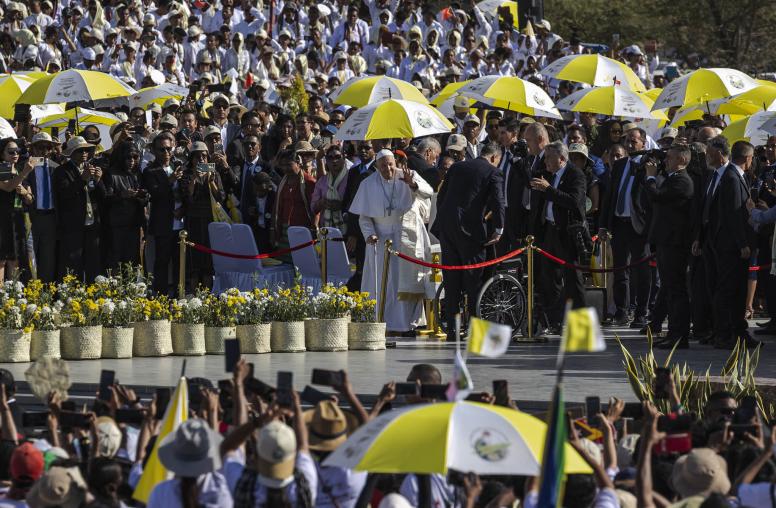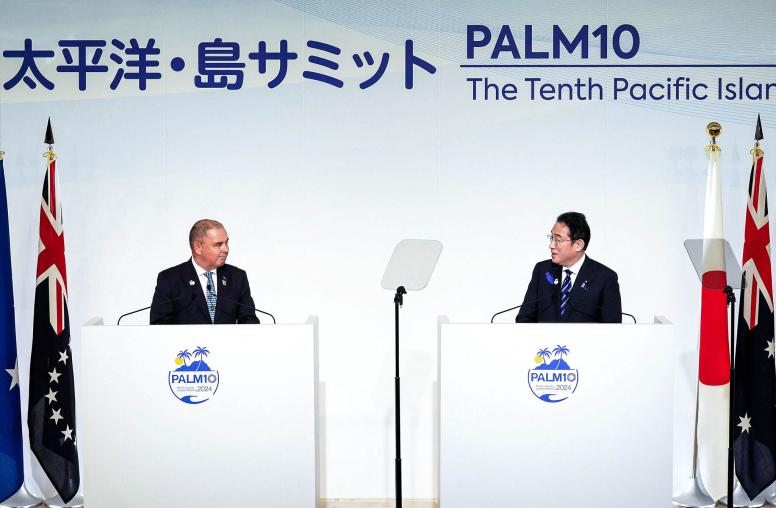Sustaining Peace in Bougainville
The Future of the Bougainville Peace Agreement
Twenty-three years ago, the Bougainville Peace Agreement ended the deadliest conflict in the South Pacific since World War II after a decade of fighting. The hard-won peace in what is now the Autonomous Region of Bougainville — made up of Papua New Guinea’s easternmost islands — has been regarded as a rare success story among contemporary peace processes. However, Bougainville’s political future remains unresolved. Despite Bougainvilleans voting overwhelmingly for independence in a 2019 nonbinding referendum, the ensuing consultations between the governments of Papua New Guinea and Bougainville have been slowed by delays and disputes, which risks heightening tensions as Bougainville’s aspirations for independence remain on hold.
On October 18, USIP hosted a conversation about the implementation of the Bougainville Peace Agreement and what the peace process’s uncertain future might mean for peace and security in Bougainville, Papua New Guinea and the broader region.
Speakers
Gordon Peake, Ph.D., moderator
Senior Advisor, Pacific Islands, U.S. Institute of Peace
James Tanis
Former President, Autonomous Region of Bougainville
Kevin Pullen
Former Strategic Adviser to the Chief Secretary, Government of Papua New Guinea; Ph.D. Candidate, Department of Pacific Affairs, Australian National University
Camilla Pohle
Senior Program Specialist, Pacific Islands, U.S. Institute of Peace



